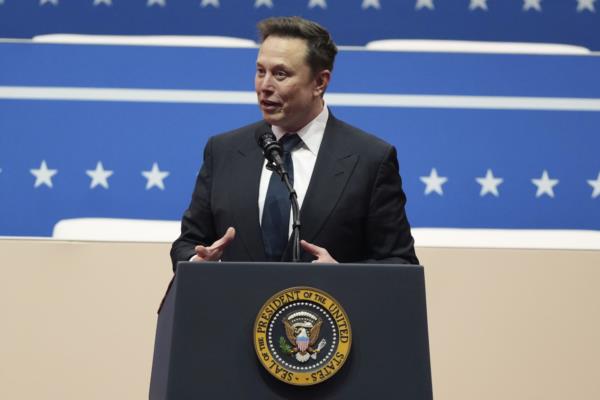
Elon Musk's recent straight-arm gesture during a speech at Capital One Arena has sparked controversy and speculation, with some interpreting it as a Nazi salute. Musk, the Tesla CEO and world's richest man, made the gesture while expressing gratitude for Donald Trump's presidential victory. Despite social media backlash and accusations of emulating fascism, Musk has not explicitly denied the claims.
Various right-wing extremists and white nationalist groups have praised Musk's gesture, while others, including hate watchdogs and experts, have urged caution in jumping to conclusions. The Anti-Defamation League labeled the gesture as 'awkward' and emphasized the need for a nuanced approach in interpreting Musk's actions.
Musk's history of allowing extremist content on his social media platform, X (formerly Twitter), has also come under scrutiny. His response to criticism from hate-speech watchdogs has been confrontational, leading to legal threats and disputes.
International reactions to Musk's gesture have been strong, with outrage in Europe, particularly in Italy where the fascist salute is associated with the horrors of World War II. An Italian communist youth organization hung an effigy of Musk in Milan, drawing parallels to Mussolini's regime.
Despite differing opinions on Musk's gesture, experts emphasize the need for accountability and responsibility, especially for public figures. The Center for the Study of Hate and Extremism highlighted the potential harm caused by such gestures, regardless of intent.
As the debate continues, Musk's actions have raised questions about his motivations and the impact of his behavior, particularly in the context of his influential position in society. The incident serves as a reminder of the complexities surrounding free speech and the responsibilities that come with it.
Overall, the fallout from Musk's gesture underscores the importance of thoughtful analysis and dialogue in navigating sensitive issues related to extremism and hate speech.







